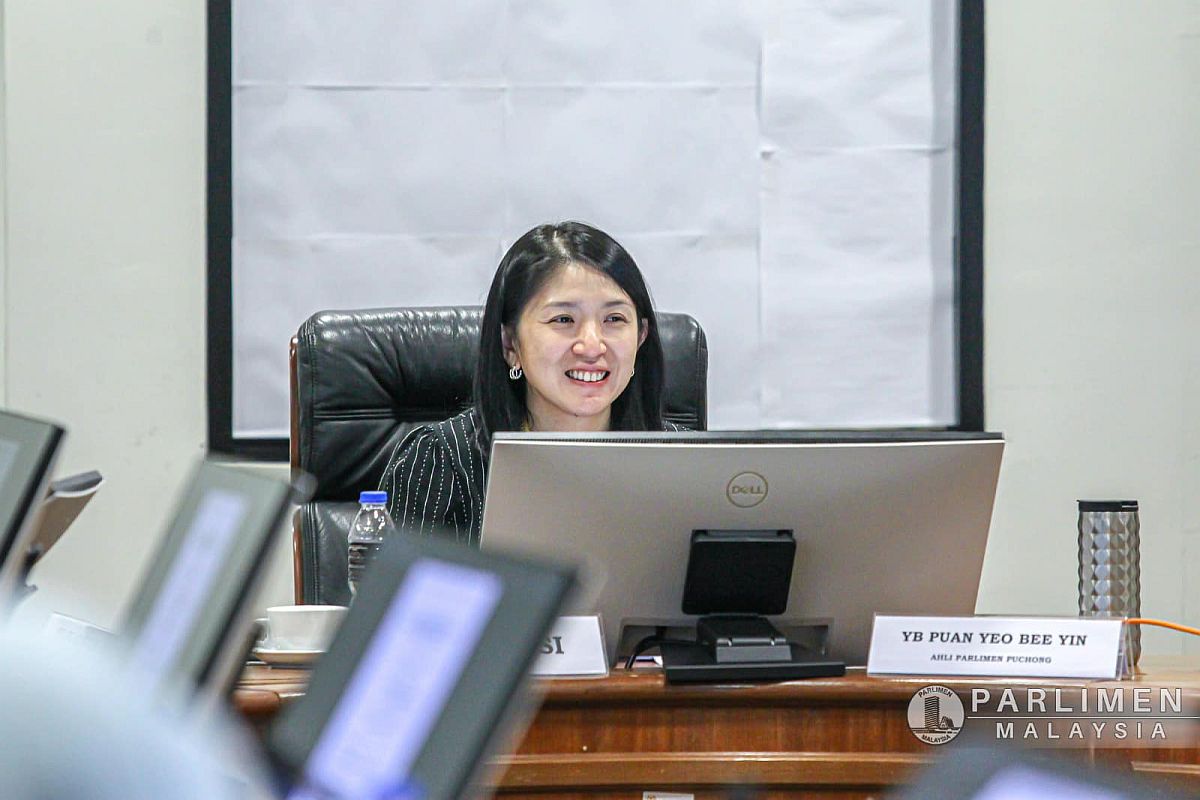KUALA LUMPUR, June 8 – Puchong MP Yeo Bee Yin today delivered a scathing critique of the Covid-19 Vaccine Procurement Management White Paper for its opacity on essential elements of Malaysia’s vaccination programme, particularly on costs.
During her debate on the 135-page White Paper presented in Parliament today, Yeo called for a detailed breakdown of the government’s approved RM4.65 billion allocation for the supply and services related to Covid-19 vaccines, specifically requesting information on categories such as vaccine procurement, equipment purchases, and premise rentals for the National Covid-19 Immunisation Programme (PICK).
“Puchong requests this breakdown from the Ministry of Health (MOH). Of course, MOH will say there is an NDA (non-disclosure agreement) on vaccine procurement. We cannot disclose the cost for each type of vaccine. However, we can disclose the total cost for the vaccine portfolio that we procure,” Yeo told the Dewan Rakyat.
“Furthermore, on cost, I would like to refer to page 66 in the White Paper, which states that the number of expired doses is 8.5 million doses. What is the value of this? We know that this approved purchase is ‘money to the drain’ but this was something needed at the time. We need to know the value. I think this is not a secret. We can reveal it and the people deserve to know,” added the DAP lawmaker.
Yeo, who is the former Minister of Energy, Science, Technology, Environment, and Climate Change, also inquired about the private purchase of 1.16 million Covid-19 vaccine doses by six state governments in Selangor, Perak, Pahang, Johor, Sabah, and Negeri Sembilan from local pharmaceutical company Pharmaniaga Berhad.
“I understand that they purchased these vaccines from Pharmaniaga at a much higher cost than what was paid by the central government. Is this true? Why is Pharmaniaga able to engage in profiteering by selling vaccines at high prices to state governments?”
Yeo also requested for a cost breakdown of the Public-Private Covid-19 Industrial Immunisation Programme (PIKAS) and on vaccination centres (PPV).
“Puchong also wants to address PIKAS involving public-private partnerships. The private sector is required to pay RM45 per dose. I don’t see any financial statements in this White Paper either. What is the total revenue of PIKAS, and how is this additional payment utilised? Nothing is mentioned in this White Paper,” said Yeo.
“The next issue is related to PPVs that I raised in the previous [parliamentary] session but did not receive any answers. There are no answers in this White Paper either. I hope that today, we can get answers from the government.
“What is the total cost of rent and setup for the mega PPVs? Puchong wants to obtain the detailed costs for each mega PPV. I also want to obtain a list of companies that were awarded contracts by ProtectHealth [Corporation] for vaccine administration at the mega PPVs, along with the contract values for each service provider.
“How much does ProtectHealth pay for each vaccine dose? I believe this is not subject to an NDA. There is no NDA for these expenses. Therefore, I believe it is the government’s responsibility to provide this information to this august House,” Yeo said.
Yeo pointed out that considering the government’s payment of RM14 per dose to private general practitioner (GP) clinics during that time, the scale of the PPV contracts should have warranted a more favourable offer.
“I want to say overall, the MOH needs to conduct a more thorough analysis. What is the cost-effectiveness of mega PPVs, regular PPVs, and private clinics? What is the effectiveness of human resources? This way, we can plan better in the future, should, touch wood, a similar situation arises.
“Overall, our country needs to learn from this experience and ensure that SOPs are documented, so that the government has institutional memory. Leaders will change, ministers will change, Members of Parliament will change, but if we have documentation, if we document it, the government will have institutional memory, and we can better face similar crises, be more effective in the future,” Yeo concluded.








